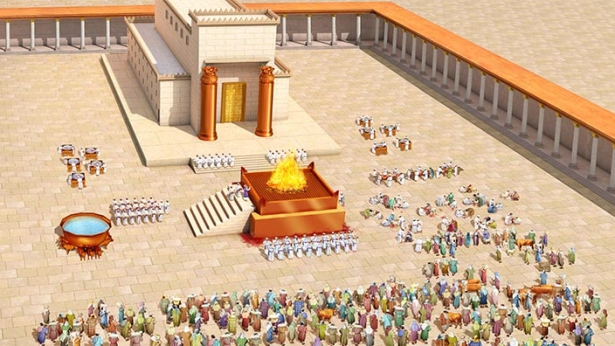The Age of Grace: The Content and Result of God’s Work
 |
| the Son of man | the Lord |
Classic Words of God:
In the Age of Grace, Jesus came to redeem the whole fallen mankind (not only the Israelites). He showed mercy and lovingkindness to man. The Jesus that man saw in the Age of Grace was filled with lovingkindness and was always loving, for He had come to deliver man from sin. He could forgive man their sins until His crucifixion truly delivered mankind from sin. During that time, God appeared before man in mercy and lovingkindness; that is, He became a sin offering for man and was crucified for the sins of man so that they may forever be forgiven. He was merciful, compassionate, enduring and loving. And all those who followed Jesus in the Age of Grace also sought to be enduring and loving in all things. They endured all suffering, and never fought back even if beaten, cursed or stoned.






